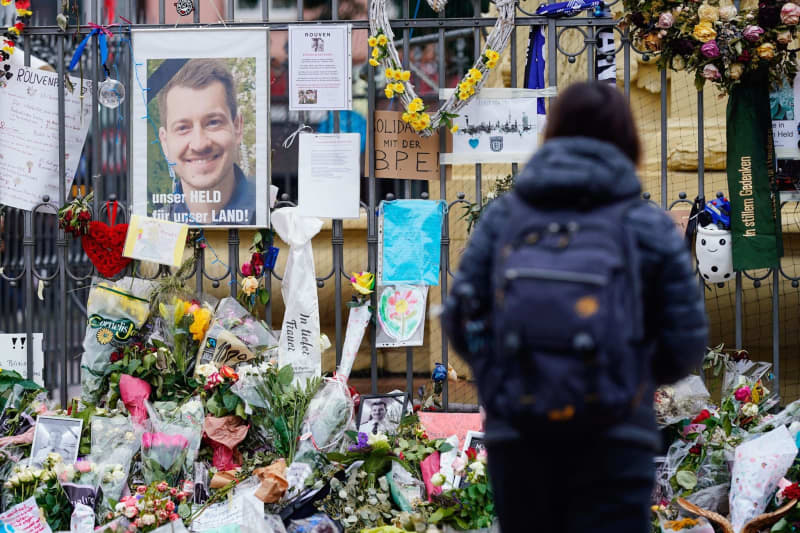In a significant development in Germany, the Public Prosecutor’s office has formally charged a man concerning a fatal knife attack in Mannheim, an incident that has raised serious concerns about public safety and religious extremism. The prosecutor’s office announced that charges of murder, attempted murder, and grievous bodily harm have been filed against the suspect. This case has drawn focus not only due to the violent nature of the crime but also because of the socio-political context in which it occurred. The man accused of the attack will face scrutiny by the state senate, which is responsible for determining a timeline and scheduling a trial date.
The incident in question transpired at the end of May during a rally organized by Pax Europa, a movement known for its criticism of Islam. The attack left five attendees injured, in addition to a police officer who later succumbed to his injuries. This tragic outcome underscores the stark reality of violence linked to ideological conflicts, and the incident marks a somber moment for law enforcement and community safety in Mannheim. As the investigation unfolds, the implications of the attack reverberate through the public domain, as discussions surrounding extremism, religion, and civil rights gain momentum.
Adding to the urgency of the situation, law enforcement responded to the attack with force, resulting in the assailant being shot by a police officer during the incident. He was subsequently hospitalized and has remained in custody since mid-June, following his recovery from surgery. The timeline of the event illustrates the chaotic nature of the attack and highlights the dangers police and citizens face when public gatherings are marred by violence. The fact that the suspect was apprehended weeks later accentuates the complexities involved in managing public order during politically or religiously charged events.
The motives behind the attack have further alarmed authorities, with prosecutor Jens Rommel stating that investigators believe the assault was driven by religious motivations. Rommel elaborated that the violence seemingly aimed to silence criticism of Islam, indicating a troubling trend of individuals resorting to extreme measures in defense of their beliefs. However, he clarified that the incident does not appear to have connections with jihadist movements, which necessitates a nuanced understanding of the religious dynamics at play. Such delineation is crucial for law enforcement and policymakers as they navigate the challenges posed by radicalism in diverse societies.
The background of the accused also unveils layers of complexity in this case. Originally from Afghanistan, the suspect entered Germany as a teenager in 2013 and sought asylum, a plea that was ultimately denied, likely due to his young age at the time of arrival. This detail invites questions about integration, societal support, and the challenges faced by refugees and migrants in Germany. Issues of belonging and the struggle for acceptance in an often-fractured social fabric resonate deeply with the actions of the accused and the subsequent violence that unfolded.
As officials and the community come to terms with the implications of this attack, this case poses broader questions regarding national security, the protection of civil liberties, and the measures necessary to foster a climate of dialogue rather than violence. The upcoming trial will not only seek justice for the victims and their families but will also serve as a bellwether for Germany’s ongoing confrontation with issues of radicalization, immigration, and communal coexistence in a multicultural landscape. As the legal proceedings unfold, the focus will be on ensuring that society learns from this harrowing incident to cultivate resilience against future threats while preserving the values of democracy and inclusion.

